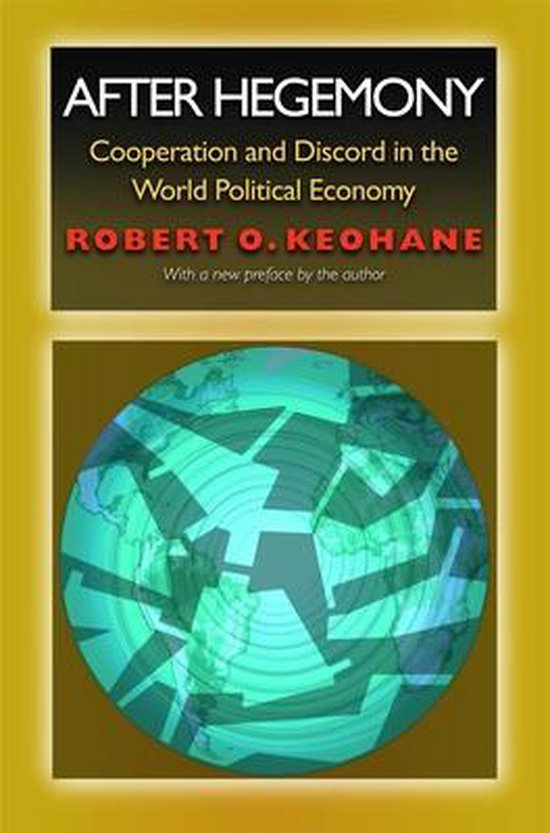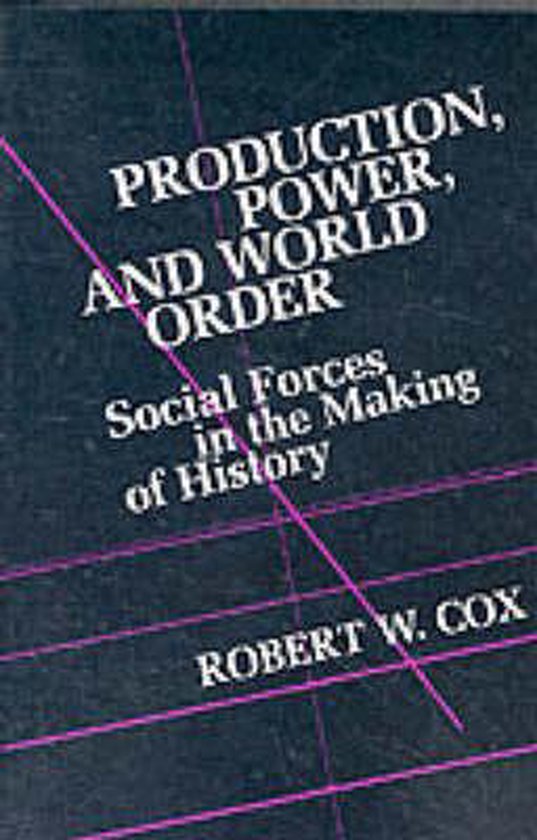
Social Theory Of International Politics
In Social Theory of International Politics, Wendt argues that states can view each other as enemies, rivals or friends. These roles can change over time, so that the international system is not condemned to conflict and war.
Drawing upon philosophy and social theory, Social Theory of International Politics develops a theory of the international system as a social construction. Alexander Wendt clarifies the central claims of the constructivist approach, presenting a structural and idealist worldview which contrasts with the individualism and materialism which underpins much mainstream international relations theory. He builds a cultural theory of international politics, which takes whether states view each other as enemies, rivals or friends as a fundamental determinant. Wendt characterises these roles as 'cultures of anarchy', described as Hobbesian, Lockean and Kantian respectively. These cultures are shared ideas which help shape state interests and capabilities, and generate tendencies in the international system. The book describes four factors which can drive structural change from one culture to another - interdependence, common fate, homogenization, and self-restraint - and examines the effects of capitalism and democracy in the emergence of a Kantian culture in the West.
Drawing upon philosophy and social theory, Social Theory of International Politics develops a theory of the international system as a social construction. Alexander Wendt clarifies the central claims of the constructivist approach, presenting a structural and idealist worldview which contrasts with the individualism and materialism which underpins much mainstream international relations theory. He builds a cultural theory of international politics, which takes whether states view each other as enemies, rivals or friends as a fundamental determinant. Wendt characterises these roles as 'cultures of anarchy', described as Hobbesian, Lockean and Kantian respectively. These cultures are shared ideas which help shape state interests and capabilities, and generate tendencies in the international system. The book describes four factors which can drive structural change from one culture to another - interdependence, common fate, homogenization, and self-restraint - and examines the effects of capitalism and democracy in the emergence of a Kantian culture in the West.
| Auteur | | Alexander Wendt |
| Taal | | Engels |
| Type | | Paperback |
| Categorie | | Mens & Maatschappij |

